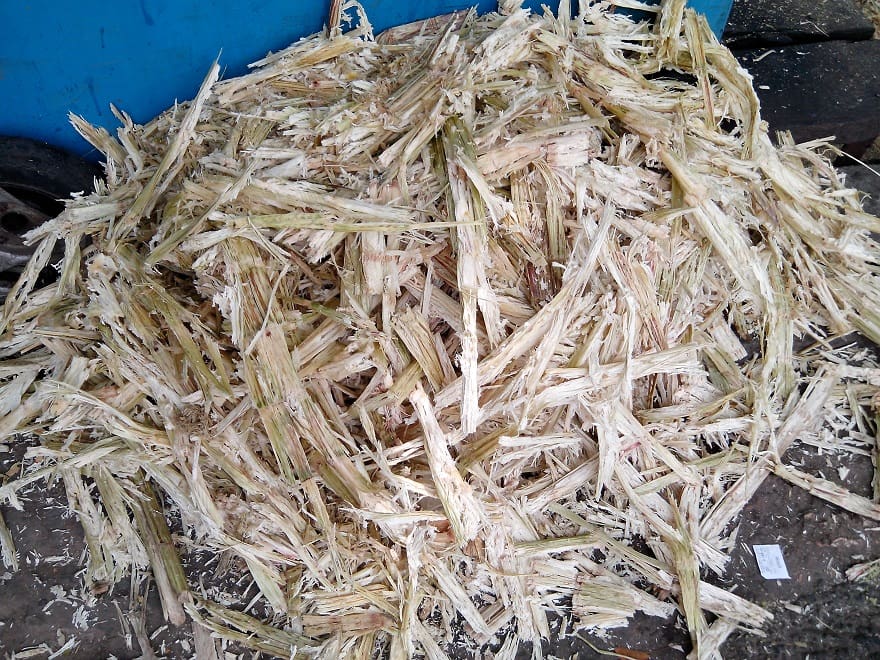IN A a major technological breakthrough, Australian biotech company, MicroBioGen, has successfully produced ethanol and high-value feedstock from non-food plant waste, such as crop residues and sugarcane pulp.
The breakthrough follows 15 years of research and development in MicroBioGen’s high-tech laboratories in Sydney to enhance a genetically-modified version of the common yeast, Saccharomyces cerevisiae.
 The unique yeast strain converts both hard-to-catalyse sugars derived from non-food substrates into what is known as 2G biofuel, and waste by-product into a high-value food source.
The unique yeast strain converts both hard-to-catalyse sugars derived from non-food substrates into what is known as 2G biofuel, and waste by-product into a high-value food source.
MicroBioGen chief executive officer Geoff Bell said the company’s project was a game-changer that dramatically improved the commercial viability and environmental performance of biofuels.
“For the first time ever, a single yeast strain – optimised using our proprietary technology – can produce both clean fuel and food from non-food biomass,” Mr Bell said.
Mr Bell said the new technology overcame the key barriers that had been holding back the development of 2G biofuels.
He said first-generation (1G) ethanol production typically relied on processing corn or sugarcane, converting some of the food portion of these crops into fuel. This limited both the production volumes and the amount of CO2 that could be removed from the atmosphere. Currently, the liquid waste stream provided little or no economic nor environmental benefits.
Mr Bell said 2G ethanol was produced from agricultural waste products such as timber offcuts, crop residues or waste sugarcane pulp (bagasse). As this material was difficult and relatively costly to break down into component sugars, progress in commercialising 2G technology using conventional yeasts had been slow. Converting waste streams into higher-value products economically had also remained challenging.
But he said MicroBioGen’s yeast agent overcame these barriers.
“The unique properties of our yeast allow it to convert the biomass sugars to biofuels more efficiently, where other yeasts struggle. Crucially, our optimised yeast can then grow on its own waste stream, converting this waste to a high-value protein suitable as an animal feed,” Mr Bell said.
“Our process is shown to be less costly, use less energy and produce fewer emissions than other comparable 2G biofuel processes. The food produced also uses significantly less land than equivalent production elsewhere.
“And by capturing CO2 generated during the process, we take carbon out of the atmosphere. It’s a virtuous cycle – the more biofuel we create, the more food we produce and the more carbon we remove. We’re replacing fossil fuels and adding to food security.”
MicroBioGen’s $8 million project commenced in 2017 with the intention of optimising yeast genetics to reduce the cost of 2G biofuel production and boost its performance on key sustainability metrics.
A peer-reviewed analysis of the research findings found that 2G biofuel manufacture using MicroBioGen’s yeast strain and process, compared with benchmark commercial 2G yeast strains, reduced CO2 emissions by 29 per cent, fossil energy use by 11pc and water use by 75pc.
It also established that the food created from sugarcane bagasse in MicroBioGen’s production process would be the equivalent of 2.4 times the food of crops grown elsewhere. The results exclude the additional potential benefits from sequestering CO2.
The project was funded in part with a $4 million grant from the Federal Government’s Australian Renewable Energy Agency (ARENA).
Source: MicroBioGen



HAVE YOUR SAY